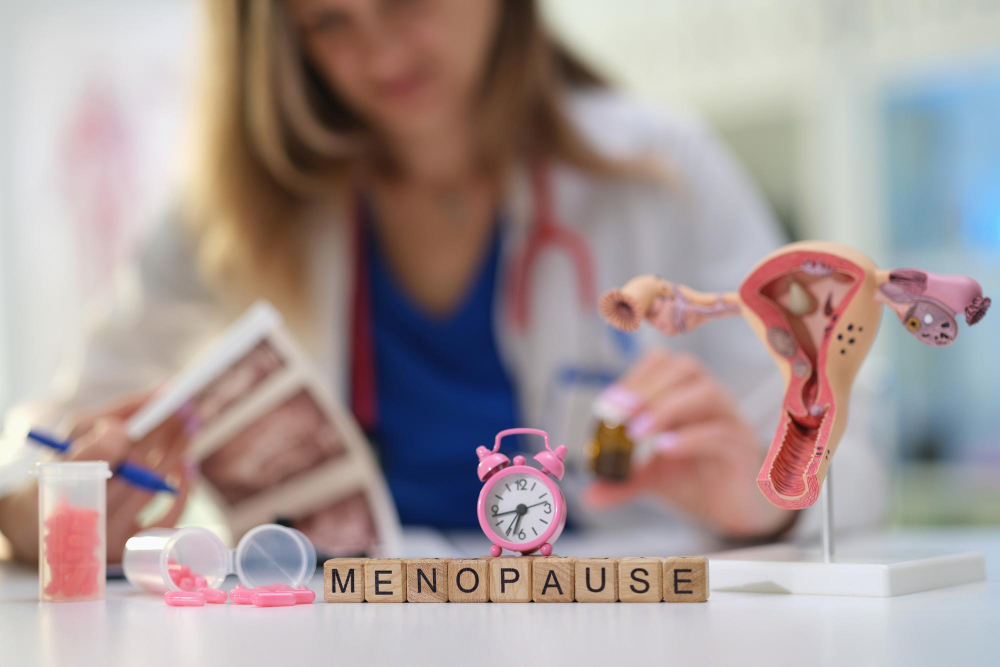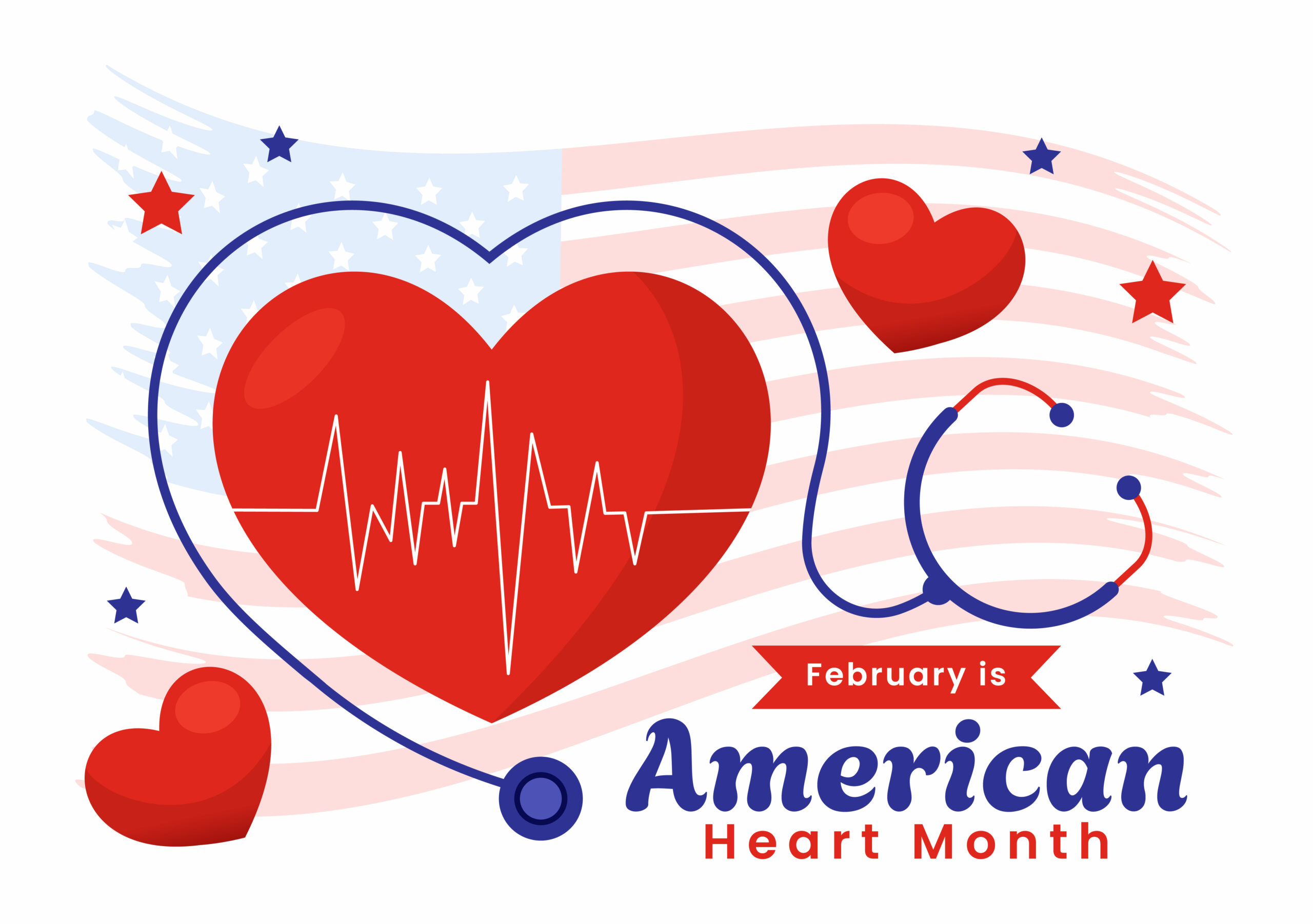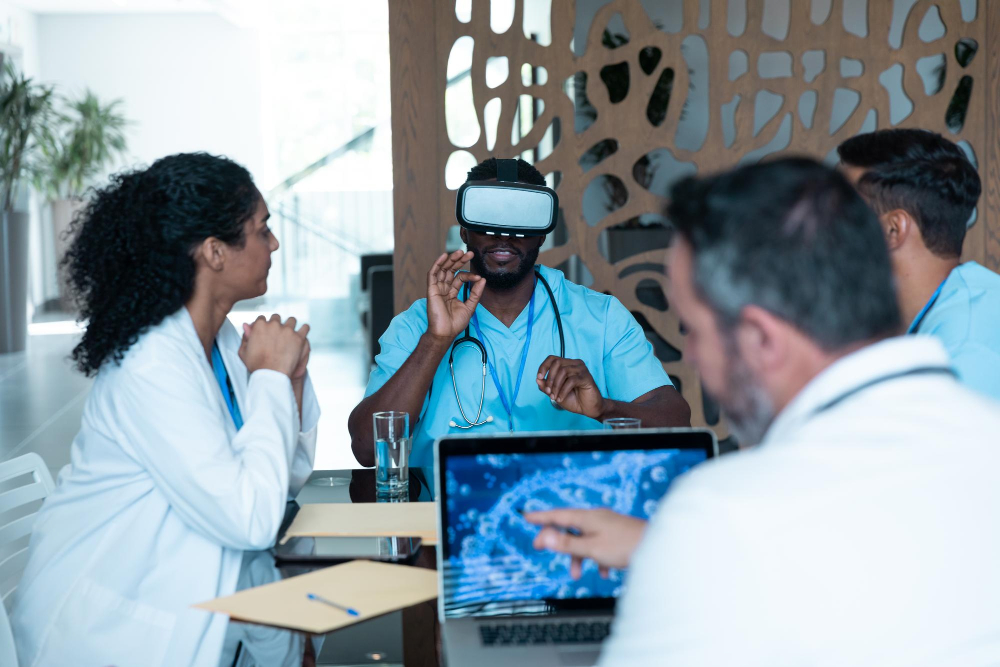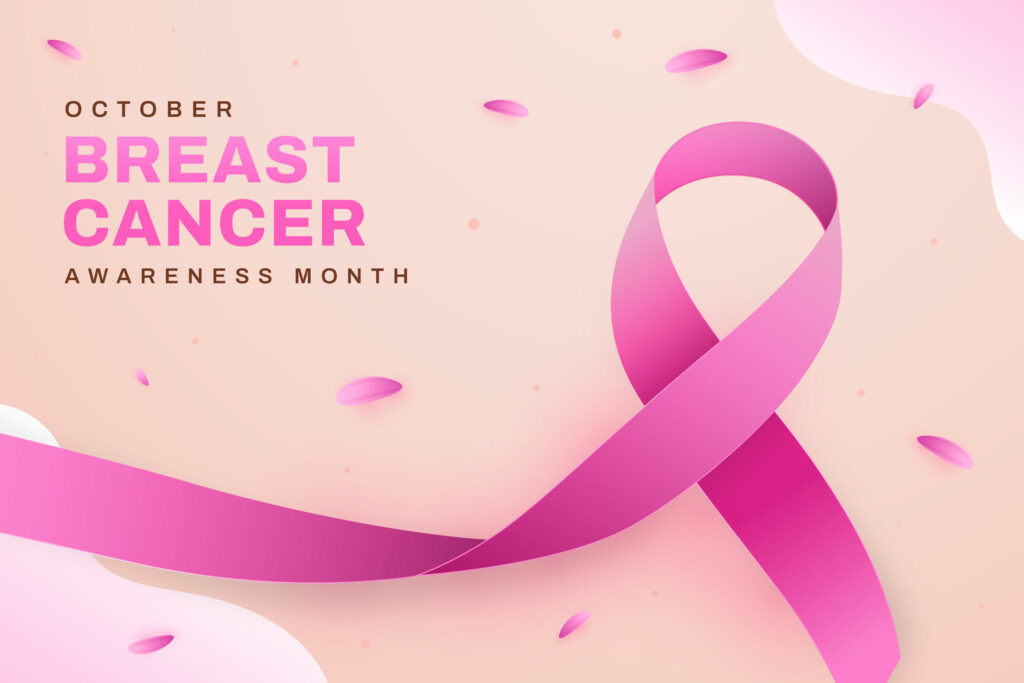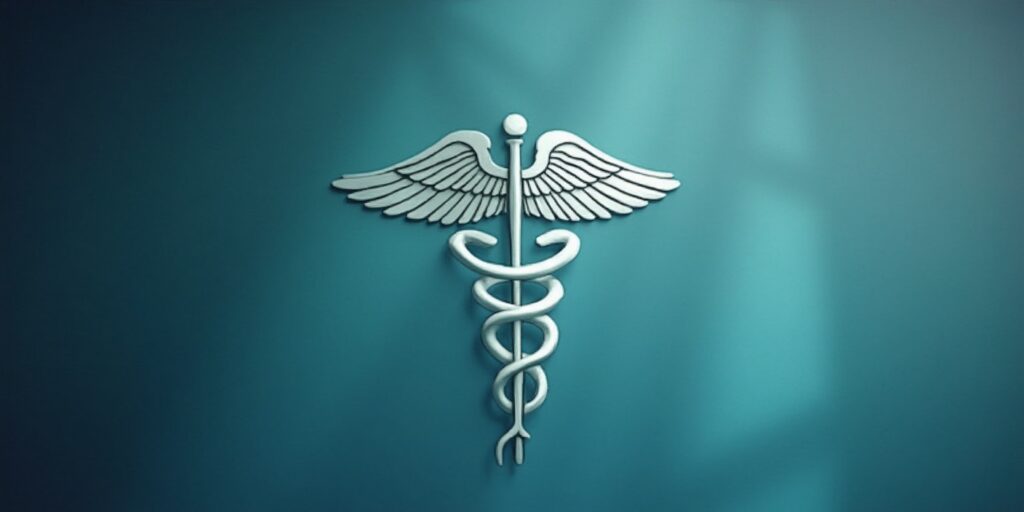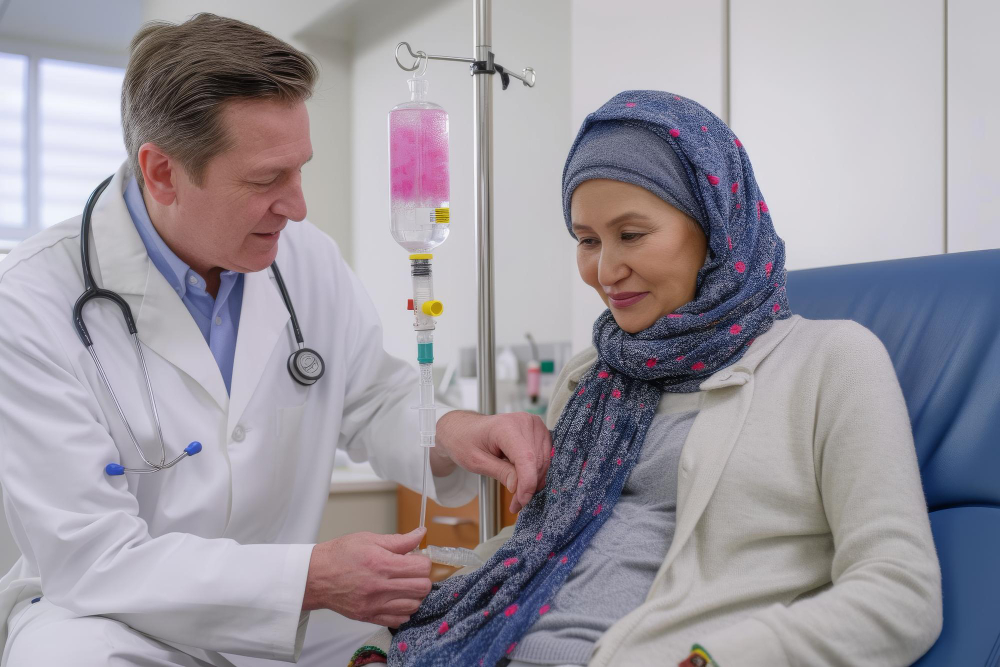Education
CategoryClimbing the Ladder: How Women Can Succeed in Healthcare Leadership Roles
Women make up a significant portion of the healthcare workforce, yet leadership roles in the industry remain disproportionately held by men. Aspiring female leaders often face unique challenges, from navigating workplace biases to balancing career…
Master Clinician Series: Hot Topics in Menopause … Your Top 5 “Must Knows”
On the first Friday of every month, at 12:00 p.m. ET, Skin, Bones, Hearts & Private Parts offers FREE, 30-minute live Zoom webinars on timely topics and common healthcare challenges, presented by some of our best faculty members. Called our Master…
Lowering Lipids During American Heart Month
Master Clinician Series: Free Monthly Webinars
On the first Friday of every month, at 12:00 p.m. ET, Skin, Bones, Hearts & Private Parts offers FREE, 30-minute live Zoom webinars on timely topics and common healthcare challenges, presented by som…
Navigating the New Era of Patient-Centered Care in 2025
The year 2025 will mark a transformative period in healthcare as patient-centered care becomes increasingly prominent. This paradigm shift emphasizes treating patients as individuals with unique needs and preferences, fundamentally reshaping the p…
Extended Reality in Healthcare: Applications in Training, Treatment, and Patient Education
XR is a powerful tool that enhances learning for a broad spectrum of healthcare professionals, from surgeons to nurses:
- Surgical Simulations: VR-based surgical simulations provide hands-on practice in a safe, controlled setting, allowing surg…
Enhancing Women’s Health CME: The Importance of Breast Cancer Awareness
In October, we observe Breast Cancer Awareness Month to increase education and awareness about a cancer that affects about 300,000 people each year in the United States, 40,000 of whom die from it. That’s why it’s so important to incorporate Women…
The Impact of Social Media on Healthcare: Navigating Misinformation and Leveraging Opportunities
Social media has become an integral part of modern life, significantly influencing how people access, share, and interpret health information. For healthcare providers, understanding the impact of social media on healthcare is crucial for addressi…
Educating APPS in Pain Management – A Needs Assessment
Education for APPs Healthcare Clinicians
There is well-documented evidence of the need for increased pain management education for physicians (Shipton, et al., 2018; Tran, et al., 2018). The Institute of Medicine (Institute of Medicine, 2011) and…
What is Happening with the Sunscreen Dilemma?
In 2019, the last time I spoke for Skin, Bones, Hearts and Private Parts, I blogged about the sunscreen dilemma. The dilemma was perpetuated by two studies: one which looked at the effectiveness of an SPF above 30 while the second study looked a…
Understanding the Importance of Cultural Competence in Healthcare
Cultural competence in healthcare refers to the ability of providers to understand, communicate with, and effectively interact with patients from diverse cultural backgrounds. As the population becomes increasingly diverse, the importance of cultu…


